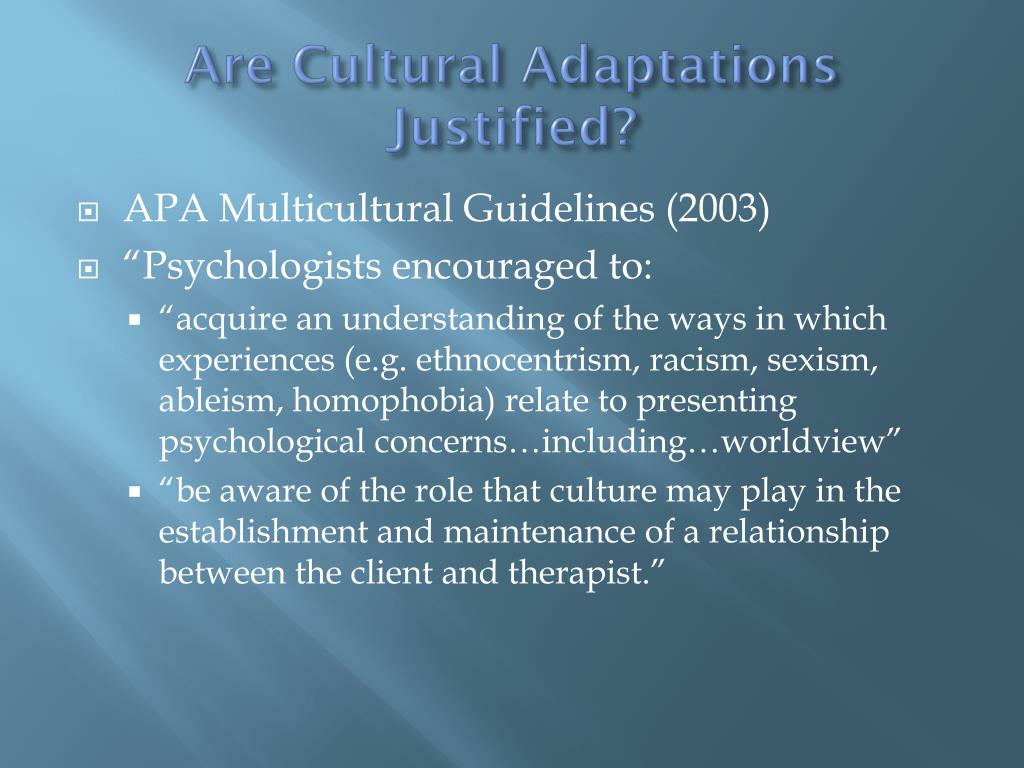

It shapes both our collective and individual identities. But none of us goes without being impacted by society's culture in one way or another.Ĭulture influences the way we think, feel and behave. Some might accept and submit to the common rules and values, while others may reject the traditions of their upbringing and look for a culture more suitable to them elsewhere. Have you ever noticed that the norms and values of the society you grew up and live in have influenced your taste in music, art, food and way of thinking? Theoretical Approaches to Welfare Providers.Distribution of Wealth, Poverty, and Income in the UK.Representation of Social Class In The Media.Social Construction of Health and Illness.Postmodernist Perspective on The Family.

Functionalist Perspectives on the Family.See the National CLAS Standards Fact Sheet for more information. It is most appropriate for organizations that have already decided to pursue CLAS and to improve equity and eliminate health care disparities. This toolkit, from CMS, provides examples for each of the enhanced National Culturally and Linguistically Appropriate Services (CLAS) Standards that can be adapted to any health care setting. Adoption of these standards will help advance better health and health care in the United States. The National Standards for Culturally and Linguistically Appropriate Services in Health and Health Care (the National CLAS Standards) are intended to advance health equity, improve quality, and help eliminate health care disparities by providing a blueprint for individuals and health and health care organizations to implement culturally and linguistically appropriate services. Poor planning in medical research, planning that does not consider principles of cultural respect, may yield inaccurate results. Can Cultural Respect Make A Difference?Ĭultural respect benefits consumers, stakeholders, and communities and supports positive health outcomes.īecause several elements can influence health communication-including behaviors, language, customs, beliefs, and perspectives-cultural respect is also critical for achieving accuracy in medical research. You can learn more about specific NIH-funded projects by visiting The NIH Research Portfolio Online Reporting Tools (RePORT) website. NIH communications offices develop and disseminate resources they have designed with community input and using public engagement norms. Current efforts through NIH research, and other groups and agencies, contribute to identifying further potential links between reductions in health disparities and appropriate delivery of health information and health care. The NIH recognizes the need to apply research advances in such a way as to ensure improved health for all Americans. The NIH recognizes the challenge presented by the health care needs of a growing number of diverse racial and ethnic communities and linguistic groups, each with its own cultural traits and health challenges. What Is NIH Doing To Promote Cultural Respect?

When developed and implemented as a framework, cultural respect enables systems, agencies, and groups of professionals to function effectively to understand the needs of groups accessing health information and health care. It helps improve access to high-quality health care that is respectful of and responsive to the needs of diverse patients. Why Is Cultural Respect Important?Ĭultural respect is critical to reducing health disparities. The concept of cultural respect has a positive effect on patient care delivery by enabling providers to deliver services that are respectful of and responsive to the health beliefs, practices, and cultural and linguistic needs of diverse patients.

For the provider of health information or health care, these elements influence beliefs and belief systems surrounding health, healing, wellness, illness, disease, and delivery of health services. This includes personal identification, language, thoughts, communications, actions, customs, beliefs, values, and institutions. It involves several elements that are often specific to ethnic, racial, religious, geographic, or social groups. Culture is often described as the combination of a body of knowledge, a body of belief, and a body of behavior.


 0 kommentar(er)
0 kommentar(er)
